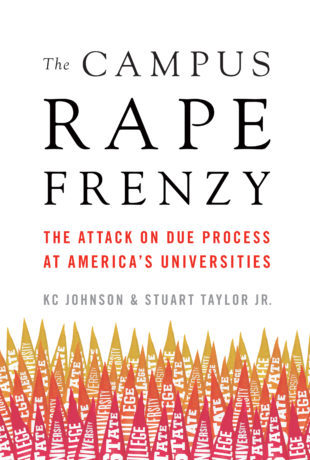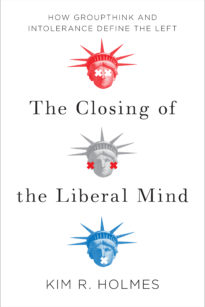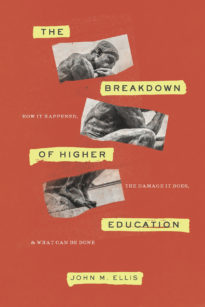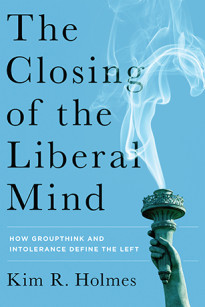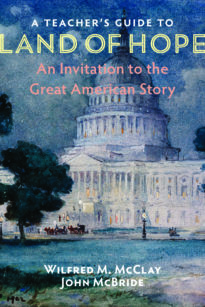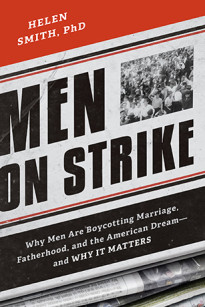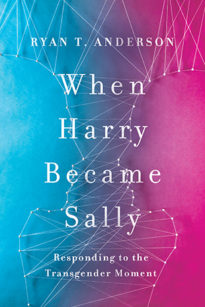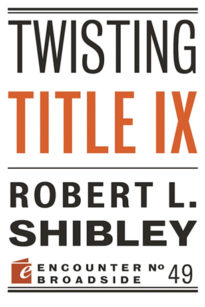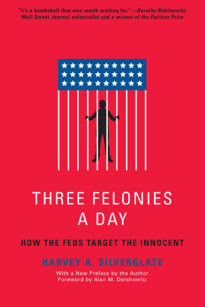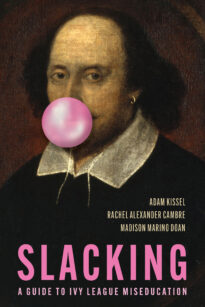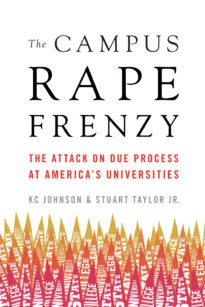In the early morning of February 5, 2012, a student named Alice Stanton met Michael Cheng, her roommate’s boyfriend, in a dormitory common area of Massachusetts’ Amherst College.
After the two started making out, another student remarked that they should “get a room.” Cheng, who was extremely intoxicated, went with Stanton (who later said she had been “tipsy”) back to her room, where Stanton performed oral sex on him. Her roommate, Cheng’s girlfriend, was out of town for the weekend.
As soon as Cheng left her room, a panicked Stanton texted a male friend (her dorm’s resident counselor): “Ohmygod I jus did something so fuckig stupid.” In subsequent texts to this friend, she implied that she had initiated the sexual contact with Cheng and was worried about the fallout. Fellow students who had seen Cheng and her leave the dorm common area, she complained, were “not gonna believe that we left to NOT fuck.” She floated a cover story about their reason for leaving but worried that Cheng was “too drunk to make a good lie out of shit.”
Stanton soon turned her attention to other matters. Earlier that evening, before her encounter with Cheng, she had been flirtatiously texting another male student. Praising his “military trained bod,” she had advised him that she had her room to herself for the weekend “if you wanted to come over and entertain me.” Now she texted him again. He asked her why her texts had stopped for 45 minutes (the time during which she had been with Cheng). She replied that she had been engaged in “sophomore floor bonding,” since “I thought you were a lost cause.”
At 2:30 a.m., the male student texted Stanton to say that he was coming over. Stanton relayed this information to her friend, who responded encouragingly: “Double your pleasure, double your fun.” Shortly after her new guest arrived, Stanton texted the same friend again, complaining, “OK. Why is he just talking to me? . . . Like, hot girl in a slutty dress. Make. Your. Move. YEAH.” She followed up with the results: “Ohmygod action did not happen til 5 in the fucking morning.”
The next morning, Stanton realized her mistake: “I am a shitty friend,” she conceded. After her texting pal promised not to tell anyone about the episode with Cheng, Stanton resolved that “no one can know,” because if anybody knew, her roommate “would literally never speak to me again.” She tried to rationalize her behavior: “We didn’t technicallyyyy have sex. So that’s not quiteeee as bad?” Her friend wasn’t convinced. “Hahahaha. Technically?” When Stanton countered that she wanted the madness to stop, her friend—far more presciently than he ever could have known—responded, “The madness hasn’t even begun.”
Stanton’s behavior soon was no secret at Amherst, a residential college with fewer than 2,000 students. As a result, Cheng and his girlfriend broke up. And Stanton “lost her group of friends,” as one of the former friends later recalled.
There are countless such casual hookups on college campuses every year. If this one had occurred a few years before, few people would have heard about it. But Alice Stanton’s view of her adventures that night would become swept up in a chain of events that the Obama administration had set in motion—a chain that would, almost two years after Stanton’s encounter with Cheng, upend his life.
In an unprecedented initiative, in 2011 the federal government ordered almost all universities to institute revolutionary changes in their disciplinary policies in order to counter what the Obama administration described as an epidemic of rape and other sexual assaults on college campuses. (We henceforth use “sexual assault” as inclusive of rape.) These changes dramatically weakened accused students’ rights to fair proceedings.
As the initial effects of these commands swept across the country, Amherst, like many other colleges, was in the grip of a moral panic about students’ sexual behavior. What would previously have been a regrettable sexual encounter transformed into actionable sexual misconduct. In this frenzy, Michael Cheng would become a victim.
